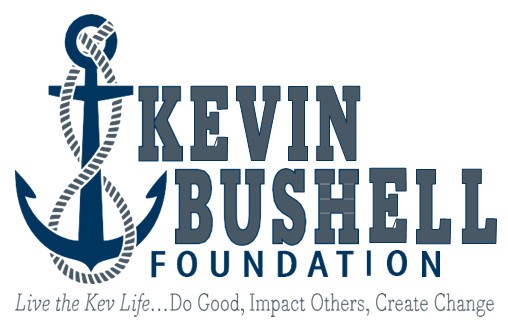More about Writer’s Block

“You don’t get me.”
“What do you mean?”
“You think you know everything I’m going to say before I say it. You don’t ask; you don’t listen. It’s getting old. I’m done with this.”
Sounds like a couple arguing. It’s not. Rather, it’s me doing what I do when I get what some call writer’s block. I’m skeptical about the term because I grew up in newsrooms where writer’s block wasn’t permitted.
“Writer’s block?” some editor would yell. “We work for a daily newspaper. Cut the crap and get me that story by four.”
Writing fiction is different. When an author tries to force or rush the relationship with his characters, they become predictable, or worse, stop talking altogether. The first time I felt this happen, it stopped me cold. What’s worse than predictable fiction?
I pushed back, thought about it, and decided to try a solution from my reporting days. I put the story aside and drew up half a dozen questions for my rebellious character. Then I sat us down and conducted an interview. The most challenging part was relinquishing authorial control and “answering” in the character’s voice.

During the writing process, Ike didn’t always like the way things were going. He and I broke away from the narrative several times for some intense back and forth.
I’d say: Senator McCauley coerced you in the beginning, but it didn’t take long before you went along willingly. You liked becoming Big Ike.
And he’d fire back: Easy to say from where you sit. I was a scared kid at the start. I didn’t know how to say no to the most important white man in town.
It’s an interesting drill, and I left my desk more than once feeling a little dazed. Allowing the characters to speak up led to a few plot twists I hadn’t expected, plus dialogue that felt more real than when I was unilaterally calling the shots.
My talks with Ike also led to a series of short, stand-alone chapters where Ike’s nightmares bring him face to face with a man McCauley and the Klan lynched decades earlier. Ike stumbled on the crime scene and has always felt guilty that he didn’t prevent the murder, or reveal the truth afterwards. I would not have had these scenes had I not asked Ike about his dreams.
There’s a joke that goes something like, “The answer to writer’s block is simple. Lower your standards.”
Before taking that easy out, try doing a few interviews. It worked for me.






































